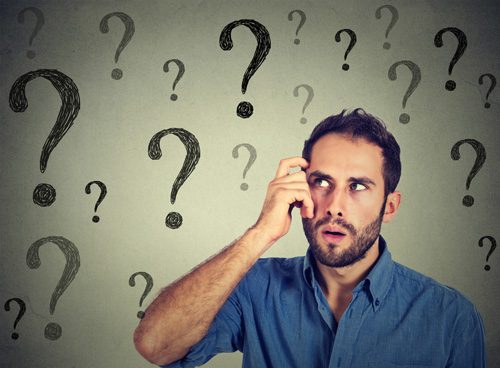Those struggling with addiction or alcoholism are not alone in their disease.
Most have family or friends who might be asking themselves “am I an enabler?” There is a fine line between providing help and preventing your loved one from hitting their bottom.
There are many ways to determine if you are contributing to your loved one’s addiction. Financial enabling is when the friend or family member of the addict gives money to the user. People in active addiction are amazing at manipulation and can have you thoroughly convinced that the money will go to bills, groceries, etc. However, the truth of the matter is that often times the money goes directly to feed the addiction, thus slowly killing the addict or alcoholic. Even though you, as the loved one, think you are doing the right thing, you may actually be hurting the addict.
Another way to determine if you are an enabler is if you are constantly accepting responsibility for the actions of the addict or alcoholic in your life.
You think you are sparing them shame, guilt, embarrassment, or, perhaps, even sparing yourself these things. The actions lie on the alcoholic/addict and are not a reflection of you as a person. There is nothing more painful to experience than loving someone addicted to drugs or alcohol, but you did not cause the addiction, therefore, it is not your responsibility to take on extra work or chores to clean up their mess. If your spouse or loved one has gone on another late night bender, it is not your responsibility to call their employer to lie or cover for them. If we continue enabling the addicted person, we are preventing their recovery.
Al-Anon is a program designed for people who are affected by another person’s drinking.
In this fellowship of men and women who share their experience, strength, and hope, you can discover you are not alone. There are amazing tools, spiritual principles, and ways to learn how to set firm but loving boundaries. You can also better answer “am I an enabler?” if you are around those that have discovered they were enabling without even knowing it. Just like there is a solution for the addict/alcoholic, there is a solution for you as the loved one. You can get the healing you deserve.
Reference
Beim, Audrey. What Not to Do: Damaging Behaviors That Hurt the Addict Instead of Help. Sober Recovery. May 2015. Retrieved December, 2016.

